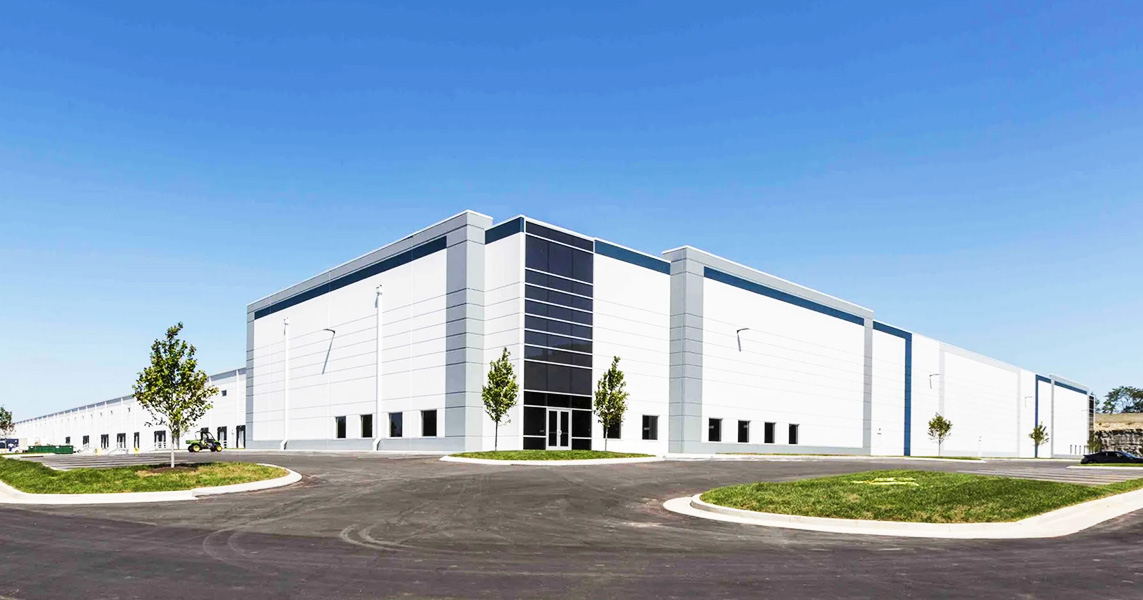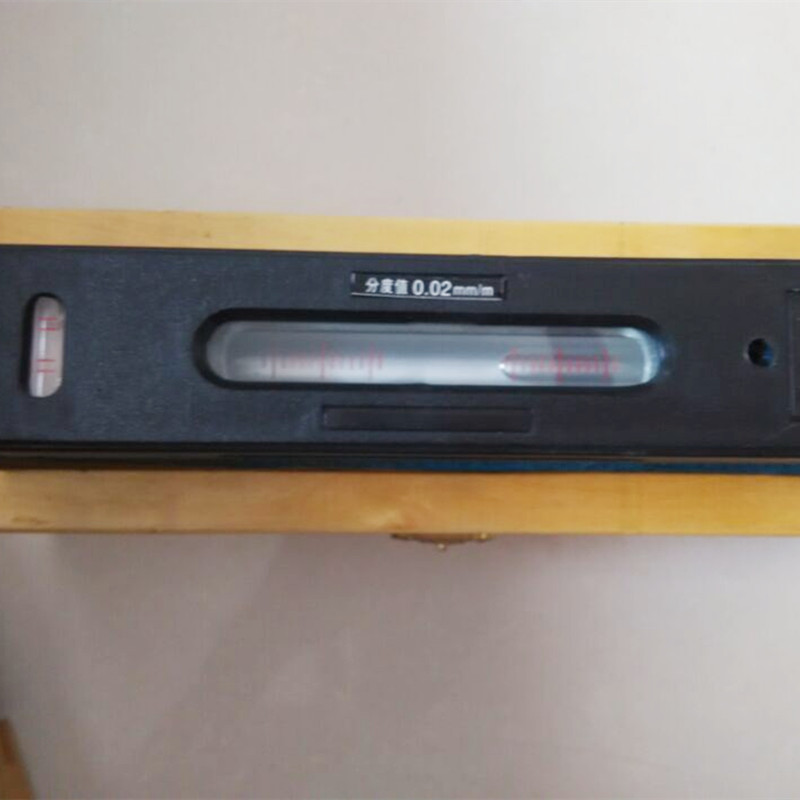Sep . 01, 2024 16:00 Back to list
water pressure valve
Understanding Water Pressure Valves A Crucial Component for Plumbing Systems
Water pressure valves are essential components in plumbing systems, playing a vital role in maintaining optimal water flow and preventing potential damage from high pressure. These devices regulate the pressure of water delivered from the municipal supply or other sources, ensuring that it remains within safe limits for residential and commercial use.
One of the primary functions of a water pressure valve, often referred to as a pressure-reducing valve (PRV), is to control the high-pressure water coming into a building. When water is supplied by the municipal system, it often arrives at high pressure, which can exceed the tolerance of home plumbing fixtures and appliances. An overly high water pressure can lead to leaks, burst pipes, and damaged appliances, resulting in costly repairs and water wastage. This is where the importance of a water pressure valve comes into play.
When installed correctly, a water pressure valve reduces the incoming water pressure to a manageable level, typically between 40 to 60 psi (pounds per square inch)
. This range is considered ideal for the majority of household plumbing systems. By effectively lowering the pressure, these valves not only protect the plumbing infrastructure but also enhance the efficiency of water usage.water pressure valve

Water pressure valves are available in various types, including mechanical and electronic models, each designed to suit specific needs. Mechanical valves rely on a spring mechanism to regulate pressure, while electronic valves utilize sensors and automated control systems for precise adjustments. Choosing the right type of valve is crucial, depending on the system's requirements and the specific pressures that need managing.
Regular maintenance of water pressure valves is also important. Over time, sediment and mineral buildup can impair their functionality, leading to fluctuating water pressure or complete failure. Homeowners are encouraged to periodically check their valves and consider professional servicing to ensure they operate efficiently and effectively.
In conclusion, water pressure valves are indispensable in modern plumbing systems. They safeguard against the risks associated with high water pressure, ensure the longevity of plumbing infrastructure, and promote water efficiency. Understanding these valves and their role can help homeowners make informed decisions about their plumbing systems, ultimately leading to a more reliable and cost-effective water delivery. As water conservation becomes increasingly critical, properly functioning pressure valves will continue to be a key component in sustainable water management.
-
Retrofitting Old Systems with Y Type Strainer ValvesNewsJun.20,2025
-
Predictive Maintenance Strategies for Industrial Butterfly ValvesNewsJun.20,2025
-
Optimizing Check Valve Types Performance in Harsh EnvironmentsNewsJun.20,2025
-
Material Selection for Ball Check ValvesNewsJun.20,2025
-
Cost-Effective Selection Criteria for Globe Gate Valve SizingNewsJun.20,2025
-
Control Valve Selection Criteria for Water Treatment PlantsNewsJun.20,2025
Related PRODUCTS









